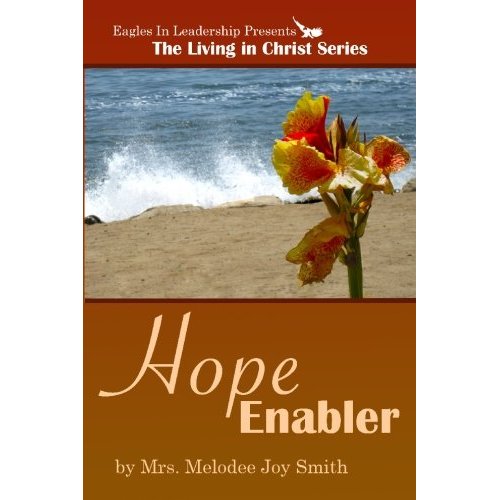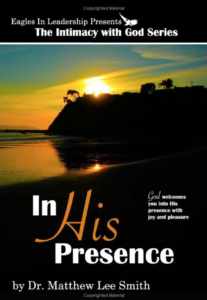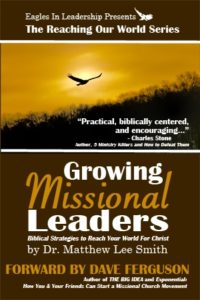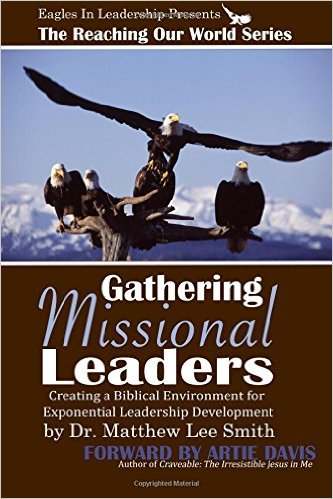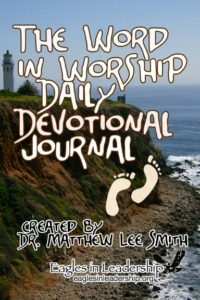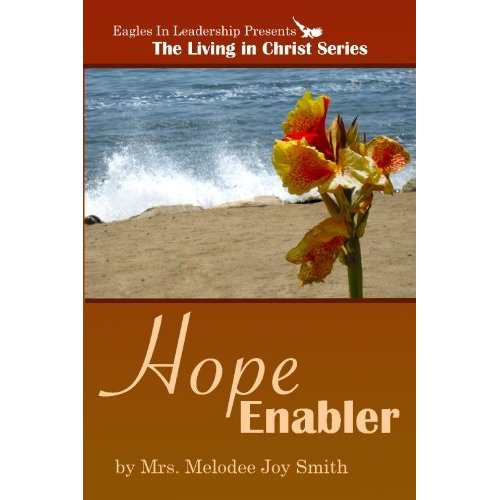Mary Kay is purported to have said, “There is an invisible sign hanging around every person’s neck and it says, ‘Encourage Me!’” Over the years I have discovered that the people who speak encouragement into my life and seek me out to lift me up are the people I call ‘friends.’
The old hymn talks of Jesus by saying, “He walks with me and talks with me along life’s narrow way.” We all know someone, or a group of people, who lifts us up. Like a plant that reaches out toward the sunlight for nourishment, we all lean in the direction of such affection!
Ministry is about encouragement, lifting burdens and expressing affection. In short, this is called ‘shepherding’ in the Bible. As we seek to minister to people we can show them our care in four ways …
C – Contact them: We call / text / post / email the people we care about. In fact, we can determine which people are in our inner circle by counting the number of times we ‘touch’ another person through our contacts. All things being equal, our genuine love for the people we reach out to will draw them closer to us, allowing us access to their lives.
A – Accept them: People come with baggage. Some things will drive us crazy. Others things will just seem different. But people are a whole package – not something you can dissect or perform surgery on to remove the unwanted parts. If we are to build into another’s life, we have to take them as they are … quirks and foibles included.
R – Respond to them: We are all on a journey through life. Some of us are further, some not so far. Others of us have made dreadful mistakes that have caused all sorts of pain and problems. And then there are those who seem to have glided through life unscathed. No matter where a person is, when they reach out to you, they are inviting you in. Effective shepherds respond to these invitations and enter into the lives of those around them. This allows for connection, and eventually, life transformation.
E – Encourage them: And once near to another, lift them up. Speak words of encouragement and life into them. The world knows how to drain and strain any soul these days with their constant barrage of gloom and doom. Shepherds are known for the life and courage they bring to others. Intentional inspiration seems to be a hallmark of a true shepherd.
As we move forward in our ministries we need to remember that we all lean in the direction of the affection. If we want people to follow us, we will have to be caring shepherds!








